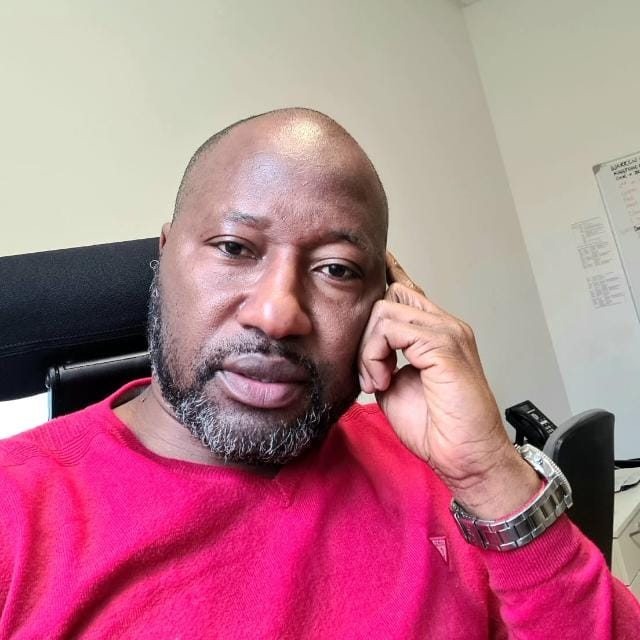In today’s world, it feels like we’re walking through one crisis after another. From the conflict between Iran and Israel to the war in Ukraine, rising tensions in the South China Sea, growing instability across Africa, and deepening political divisions in the West, global peace is under more threat now than it has been in decades.
These are not distant problems. They are shaping our lives, our economies, and our futures in real and lasting ways.
The current hostility between Iran and Israel is more than just a regional flashpoint—it’s a potential global economic disruptor. Both nations are heavily involved in Middle Eastern geopolitics, and any escalation threatens the already delicate stability of the region.
The Middle East supplies over 30% of the world’s oil. If conflict disrupts oil exports from this region, prices could skyrocket. Oil-importing nations—especially developing countries—would need more US dollars to import the same quantity of fuel. As demand for the dollar rises, local currencies lose value. We pay more for fuel, transport, food, medicine, and basic goods. Inflation spirals, and recovery becomes harder.
In many countries, even when the exchange rate improves, prices don’t drop. The damage is long-lasting. During times of global uncertainty, economic inequality often worsens. The rich may cope, but ordinary people bear the brunt. It becomes harder for families to make ends meet.
And it doesn’t stop there.
In Asia, tensions continue to rise between China and its neighbors over control of the South China Sea, a waterway through which about one-third of global maritime trade—roughly $3.5 trillion worth—passes every year. If military confrontation breaks out in that region, international shipping routes could be blocked or diverted. That would cause massive delays, higher freight costs, and shortages of key goods. The result? Price hikes worldwide—even for countries with no involvement in the conflict.
Meanwhile, Africa is grappling with its own set of challenges. From military coups in the Sahel to violent insurgencies in Nigeria, Sudan, and parts of the Horn of Africa, insecurity is on the rise. As of 2024, over 40 million Africans are either internally displaced or living as refugees due to conflict.
Investors are pulling out, development projects are stalling, and food insecurity is rising. According to the UN, over 280 million people in Africa alone are facing moderate to severe hunger. These crises may seem local, but they affect global supply chains, humanitarian aid budgets, and migration patterns, placing added pressure on already stressed systems.
But perhaps the most unsettling development is the rise in internal instability within countries previously seen as stable. Across Europe and North America, extreme political polarization is growing. Far-right nationalist movements are gaining momentum, pushing anti-immigrant and anti-minority rhetoric, while far-left groups respond with demands for radical reform and social justice. The clash between these extremes has led to violence in some places and growing fear in many others.
In Germany, France, Italy, the UK, and the US, there have been sharp increases in hate crimes, particularly targeting migrants, Jews, Muslims, and people of color. Political leaders are struggling to control the anger brewing within their own borders.
In 2023 alone, over 100 anti-migrant demonstrations were recorded across Western Europe. Social media amplifies division, while mainstream politics often fails to provide real solutions. As fear and distrust grow, the very foundations of democracy—dialogue, compromise, respect—are being tested.
The pandemic added fuel to this fire. COVID-19 exposed how interconnected and vulnerable our world really is. When factories shut down in China, shops in Africa and Europe ran empty. When borders closed, trade halted, and tourism collapsed, millions lost their jobs. Even powerful economies like Germany, the US, and Singapore were shaken. Global GDP shrank by over 3.4% in 2020, and it took years for most countries to begin recovery.
We are still living with the aftershocks. Inflation, debt, and stretched healthcare systems are all reminders of how fragile the global economy can be. Just as countries are trying to recover, these new waves of conflict and instability—both domestic and international—risk undoing the progress made.
So, what does all this mean for the average person?
If these crises persist, life will get harder for many. The cost of living will continue to rise. Essential services may be underfunded. Governments may be forced to cut public spending or raise taxes. Foreign investors may hesitate, delaying growth and development projects. Migration pressures could increase, putting stress on urban areas and border control systems.
Yet, despite the many challenges, there are reasons to stay hopeful.
After COVID-19, many countries learned valuable lessons about resilience. Nations are investing more in local food production, emergency preparedness, and healthcare systems. More people are turning to renewable energy, reducing reliance on global oil markets. Regional alliances are being strengthened, with neighboring countries working together on trade, infrastructure, and peacekeeping.
At the same time, citizens are more informed and more engaged than ever. Young people are organizing, communities are advocating for justice and peace, and global awareness of shared challenges is growing. The world may be fragile, but its people are not helpless.
Diplomatic efforts are also ongoing. International organizations, such as the United Nations, the African Union, and ASEAN, continue to promote peace and dialogue. Even amid rising tension, many leaders understand that the cost of war is too high and that cooperation is still the best path forward.
In the end, the future will depend not only on the actions of governments but also on the strength, resilience, and unity of ordinary people. We need to stay informed, speak out, support one another, and choose peace every chance we get.
So yes, the world today is more unstable than it has been in a long time. But with clarity, courage, and compassion, we can overcome these challenges—just as humanity has done before.







